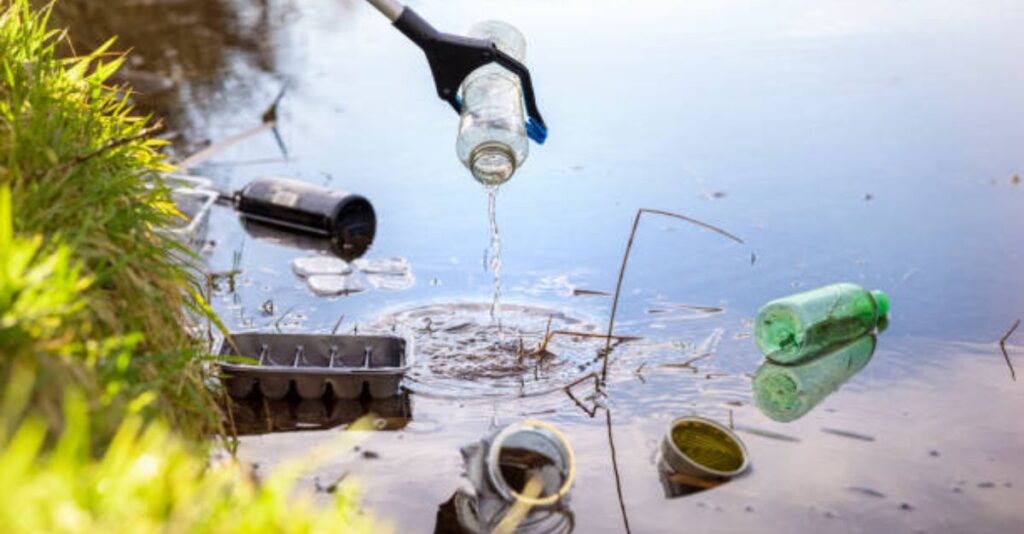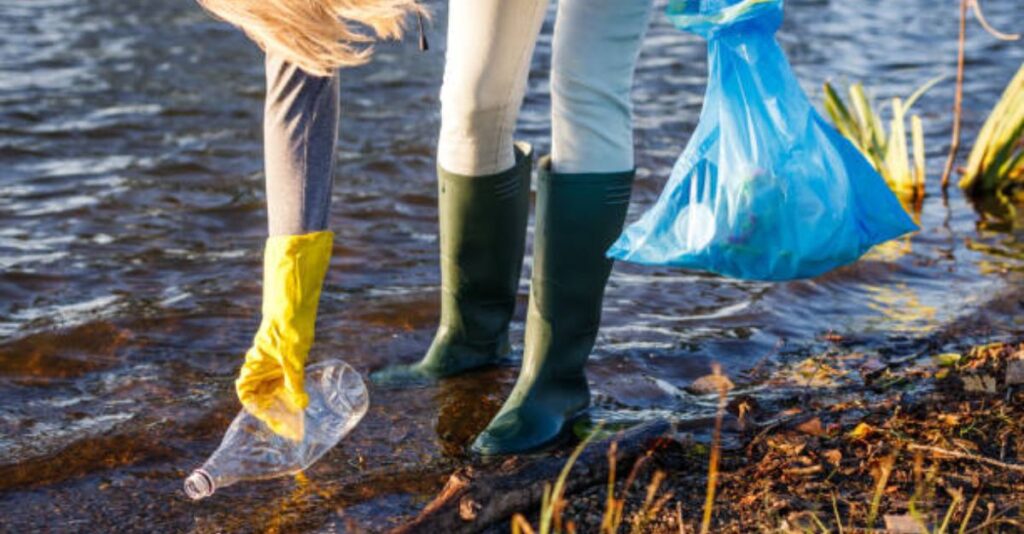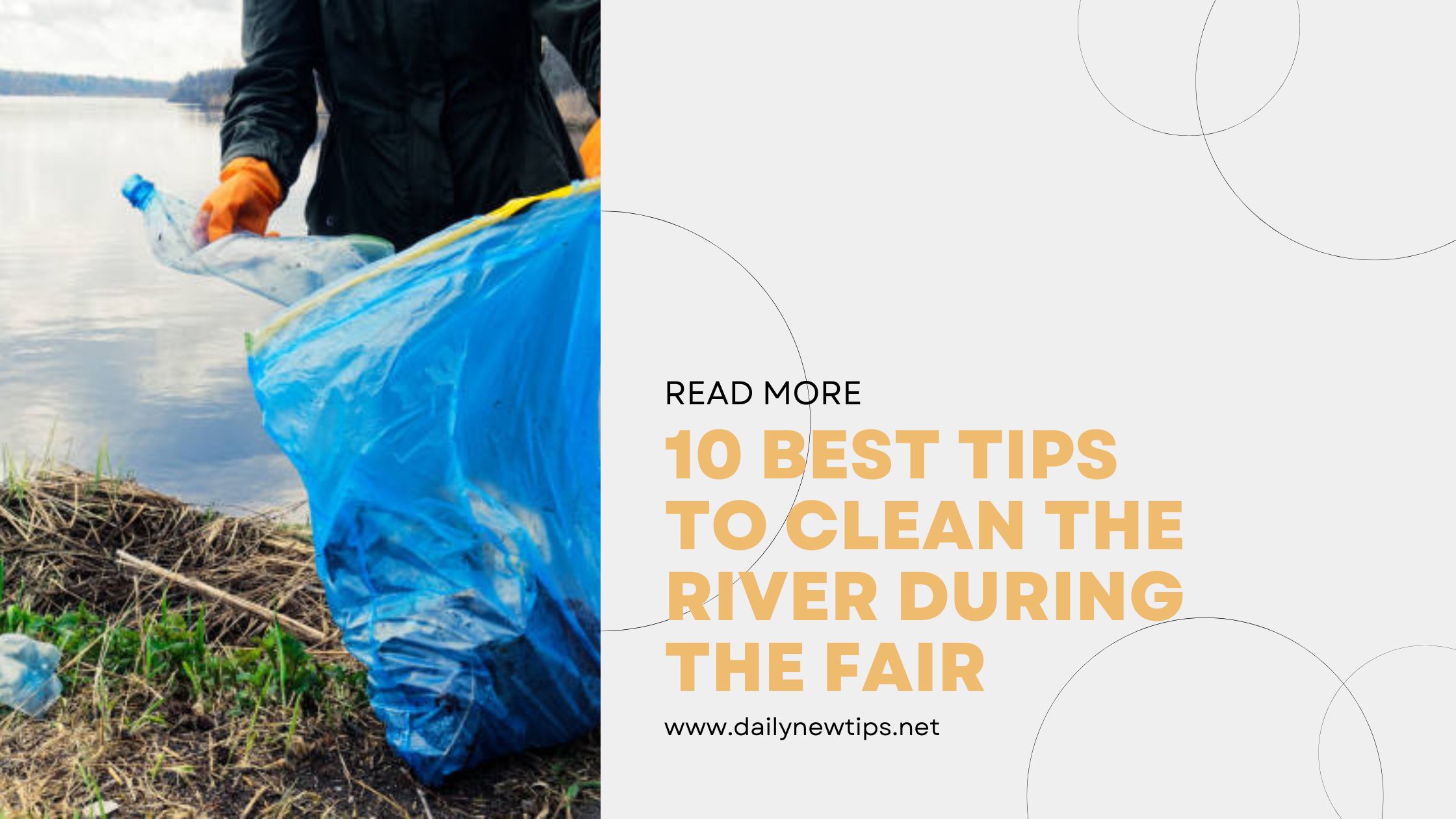Introduction:
10 Best Tips to Clean the River During the Fair
Fairs and festivals often bring joy, culture, and community bonding, but they can also lead to environmental challenges, especially when hosted near rivers. Waste accumulation and water pollution are common concerns. Keeping the river clean during such events is essential to protect aquatic life and maintain a healthy ecosystem. In this article, we will explore the 10 best tips to clean the river during the fair and ensure a more eco-friendly celebration.
10 Best Tips to Clean the River During the Fair

1. Organize a Pre-Fair Cleanup Drive
Before the fair begins, organize a cleanup campaign to remove existing waste and debris. This sets a standard for cleanliness and encourages fairgoers to maintain the area.
2. Set Up Sufficient Waste Disposal Bins
Install clearly labeled trash and recycling bins at multiple locations. Providing separate bins for biodegradable and non-biodegradable waste helps in proper disposal and recycling.
3. Encourage the Use of Eco-Friendly Products
Fair organizers and vendors should opt for biodegradable plates, cutlery, and packaging materials to reduce plastic waste. Visitors can be encouraged to bring reusable bags and bottles.
4. Deploy Volunteer Cleanup Teams
Assign dedicated volunteers to monitor waste disposal and clean up litter at regular intervals. Providing incentives like free fair tickets or discounts can motivate participation.
5. Limit Plastic Usage
Restrict the use of single-use plastics by enforcing policies such as banning plastic bags and straws. Encourage fairgoers to bring their own reusable containers.
6. Conduct Public Awareness Campaigns
Use posters, announcements, and social media to educate attendees about the importance of keeping the river clean. Highlight the environmental impact of pollution and how everyone can contribute.
7. Install Temporary Water Filtration Systems
Setting up temporary filtration systems near riverbanks can help prevent contaminated water from affecting aquatic life. This can be especially useful for preventing chemical spills or food waste from entering the river.
8. Arrange Scheduled Waste Collection
Ensure waste is collected and disposed of at designated intervals to prevent overflow and spillage into the river. Partnering with local waste management services can help streamline this process.
9. Conduct a Post-Fair Cleanup Drive
Once the event concludes, gather volunteers, local authorities, and environmental groups to clean up any leftover waste. Conducting a final sweep of the river and surrounding areas ensures complete cleanup.
10. Partner with Environmental Organizations
Collaborate with local NGOs and environmental groups for expert guidance on sustainable waste management. They can also help in planning long-term solutions for river conservation beyond the fair.
Importance of Keeping the River Clean
A clean river ensures safe drinking water, supports biodiversity, and provides recreational benefits. Fairs and large gatherings near rivers often contribute to littering and pollution. By adopting responsible cleanup methods, we can preserve natural resources for future generations.

Cleaning the river during fairs is important for several reasons:
- Environmental Protection – Large gatherings often lead to waste, including plastic, food wrappers, and other pollutants that can harm aquatic life and degrade water quality. Cleaning helps prevent long-term damage to the river ecosystem.
- Public Health and Hygiene – Rivers can become contaminated with waste, increasing the risk of waterborne diseases for people who use the water for drinking, bathing, or religious rituals. Regular cleaning ensures safer conditions.
- Preservation of Aquatic Life – Litter and pollutants can harm fish, plants, and other aquatic organisms. Cleaning the river helps maintain biodiversity and the natural balance of the ecosystem.
- Aesthetic and Cultural Value – Many fairs are associated with religious or cultural significance, where clean water is essential for rituals. Keeping the river clean ensures a pleasant experience for visitors and maintains the sacredness of the place.
- Sustainability of Future Events – If left unchecked, pollution can accumulate and make it difficult to host future fairs at the same location. Regular cleanup efforts help sustain the venue for future use.
How can volunteers contribute to river cleanup during the fair?
Volunteers can play a crucial role in river cleanup during fairs by participating in various activities. Here’s how they can contribute:

1. Waste Collection & Segregation
- Gather plastic, food wrappers, and other litter from riverbanks and water.
- Separate waste into biodegradable and non-biodegradable materials for proper disposal.
- Encourage fair visitors to use designated trash bins.
2. Water Pollution Prevention
- Educate vendors and visitors about responsible waste disposal.
- Prevent people from throwing offerings, plastics, and chemicals into the river.
- Set up eco-friendly offering stations where waste is collected instead of dumped into the water.
3. Community Awareness & Engagement
- Organize awareness campaigns about the impact of river pollution.
- Use posters, pamphlets, and social media to promote cleanliness.
- Encourage fairgoers to take a pledge to keep the river clean.
4. Providing Eco-Friendly Alternatives
- Distribute biodegradable bags and utensils to vendors.
- Encourage the use of cloth bags instead of plastic.
- Set up water refill stations to reduce plastic bottle usage.
5. Collaboration with Authorities
- Work with local government, NGOs, and environmental groups to implement cleanup drives.
- Assist in setting up waste disposal units and recycling stations.
6. Post-Fair Cleanup
- Organize a final cleanup after the fair to remove any leftover waste.
- Ensure that all collected waste is properly disposed of or recycled.
Conclusion
Keeping the river clean during fairs requires a collective effort from organizers, vendors, and attendees. By implementing these 10 best tips, we can significantly reduce pollution and protect our natural water bodies. Responsible celebrations ensure that future generations can also enjoy festivals without harming the environment.
References
- Environmental Protection Agency (EPA) Guidelines on River Cleanup
- World Wildlife Fund (WWF) Reports on Water Conservation
- Local Government Waste Management Regulations
FAQs
1. How can fair organizers minimize river pollution?
Organizers can set up waste bins, restrict plastic use, deploy cleanup teams, and educate the public on responsible waste disposal.
2. What are some eco-friendly alternatives to plastic at fairs?
Biodegradable plates, wooden cutlery, cloth bags, and reusable water bottles are great alternatives to single-use plastics.
3. Are there government initiatives supporting river cleanup?
Yes, many governments have waste management programs and environmental policies to promote clean water bodies. Checking with local authorities can provide more insights.
By following these tips, we can make fairs enjoyable while preserving the natural beauty of our rivers!

